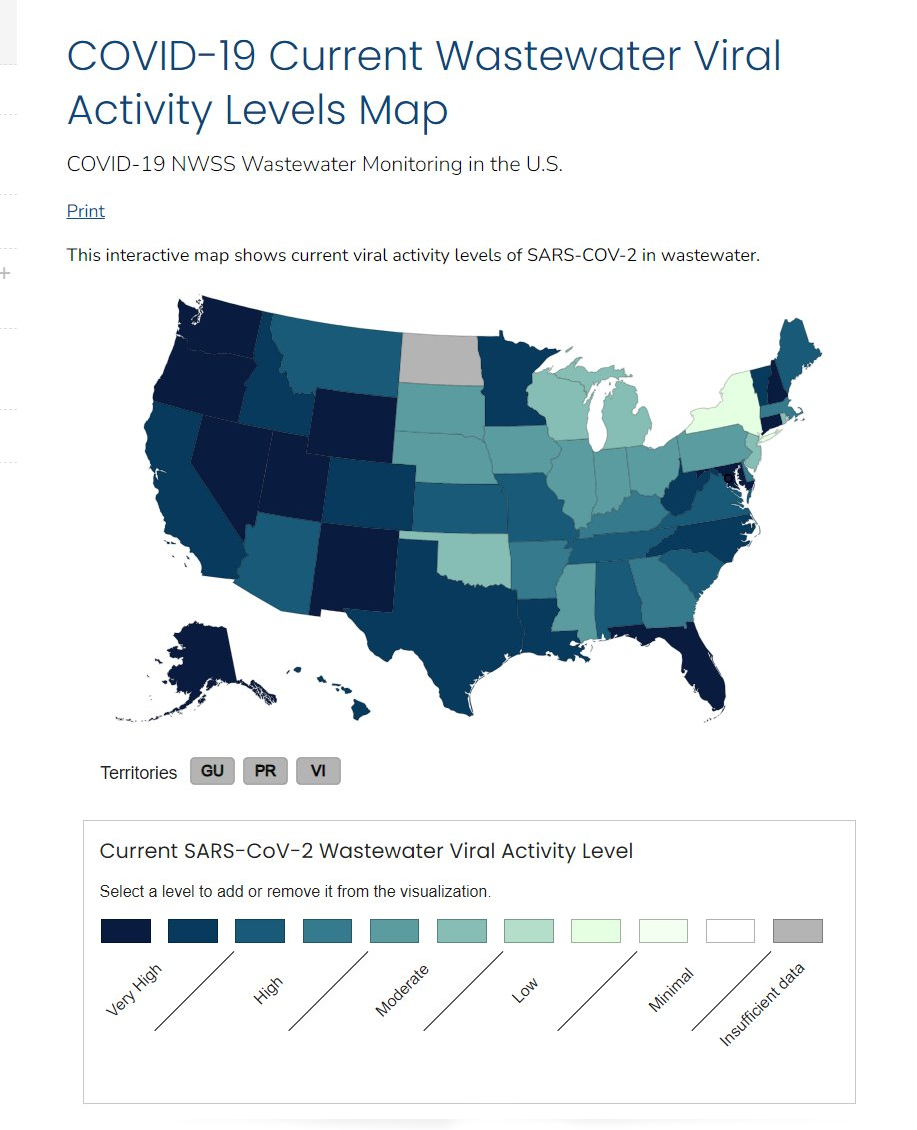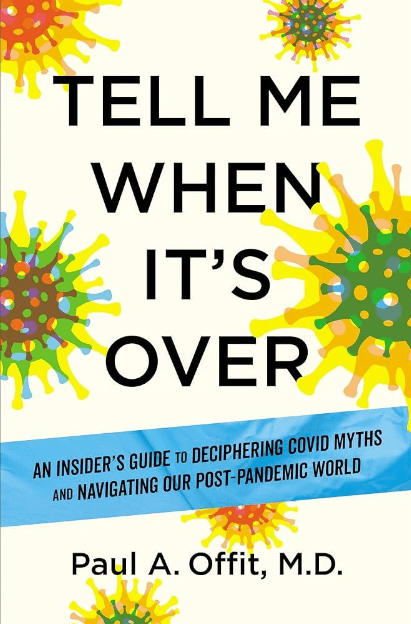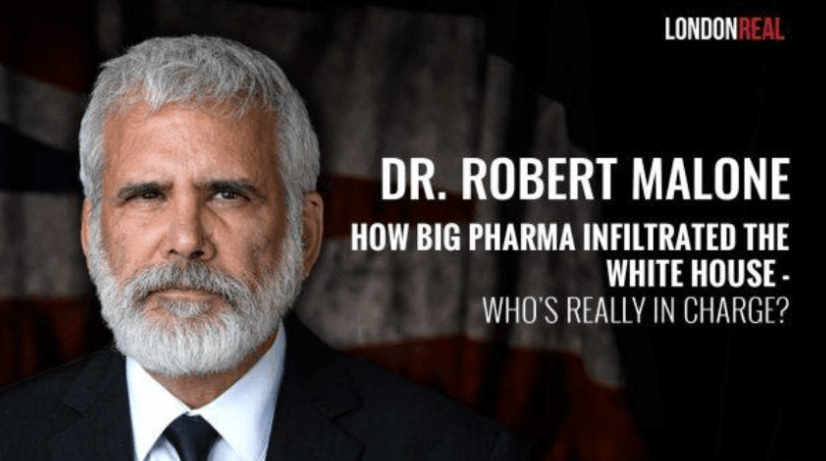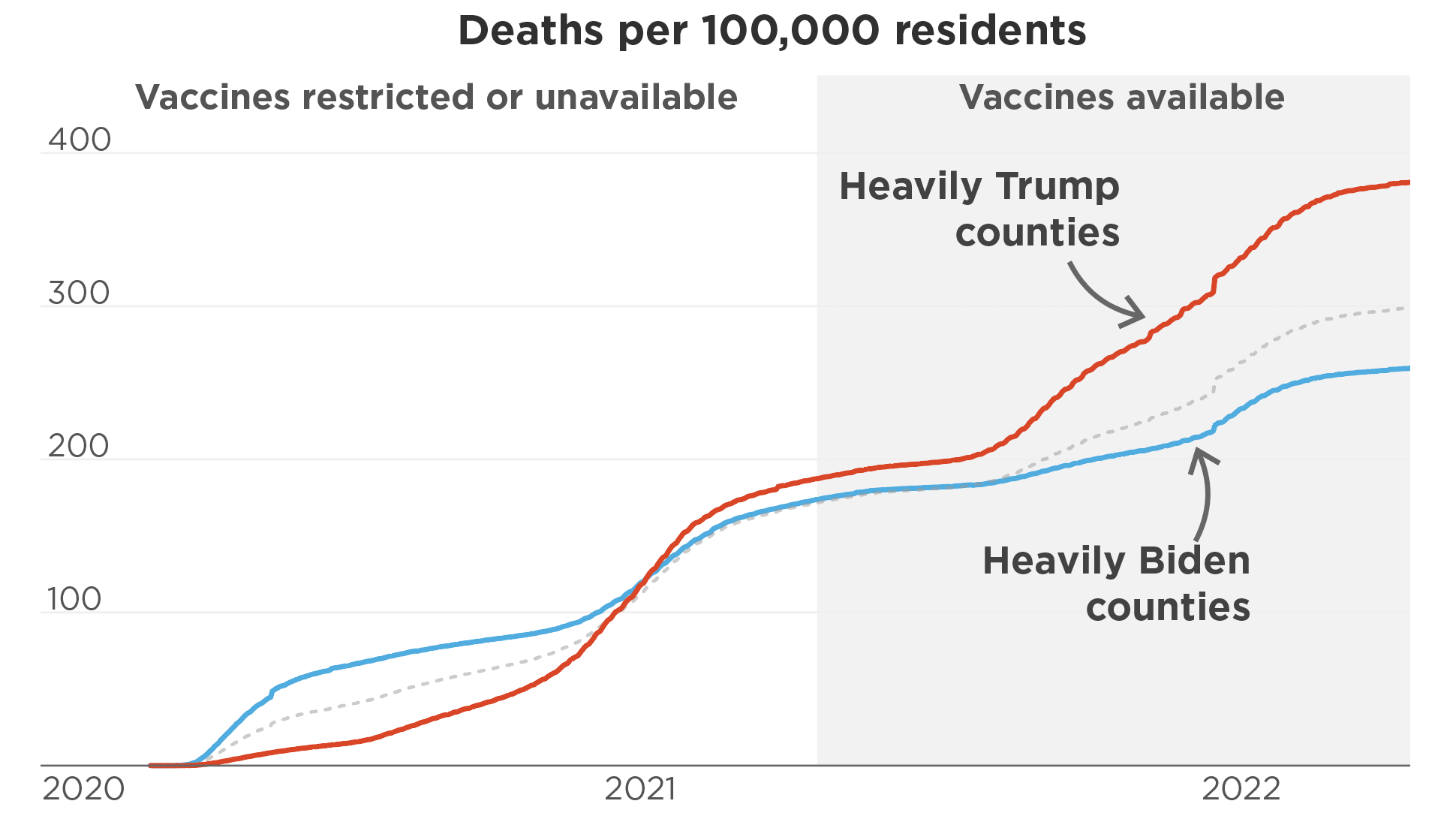There have been more than 111 million cases of COVID-19 in the United States, which caused about 1.2 million deaths, a calamitous public health episode by any measure. In recent weeks, the numbers of COVID Emergency Department visits and hospitalizations have begun to rise, and wastewater levels of SARS-CoV-2, a predictive indicator of a surge in COVID cases, are up sharply, especially throughout the Western U.S. (see figure below).

Thus, it appears that although the worst of the pandemic appears to be behind us, COVID has more in store. Only about 19% of the population has received the most recent booster, and nine million Americans are immunocompromised. While COVID vaccines are remarkable at preventing severe disease, they are not very good at preventing mild or asymptomatic infections, many of which are not recorded as COVID-related.
It is clear that COVID is not going to disappear anytime soon, and the virus will continue to mutate, with new, immune-resistant variants likely to emerge and become dominant.
How will we coexist with COVID in the future?

A timely discussion of all this is provided in Dr. Paul A. Offit’s new book, “Tell Me When It’s Over: An Insider’s Guide to Deciphering COVID Myths and Navigating Our Post-Pandemic World.”
Offit is a physician and immunologist at the University of Pennsylvania, the Director of the Vaccine Education Center at the Children’s Hospital of Philadelphia, and a frequent commentator on infectious disease issues.
His book chronicles the first years of the pandemic and the missteps of public health agencies. He had a front-row seat: Offit is a member of the Food and Drug Administration’s vaccine advisory committee, which played a critical role in reviewing COVID vaccine research and advising the FDA on vaccine safety, and he previously served on the CDC’s Advisory Committee on Immunization Practices. He critiques some of the policy interventions of both the Trump and Biden Administrations, as well as the sometimes-contradictory actions of the Centers for Disease Control and the FDA.
His book addresses theories and myths about the origins of the virus and the rapid public rollout of the safe, highly effective, groundbreaking messenger RNA (mRNA) vaccines that have helped to contain what could have been an even a worse global catastrophe.
In an appealing narrative style, Offit reviews the persuasive evidence that the SARS-CoV-2 virus originated not from a “lab leak” but from the Huanan Seafood Wholesale Market in Wuhan, China, which sold live animals susceptible to coronavirus infection. Samples from the market “first taken in January 2020 showed genetic evidence for SARS-CoV-2 in raccoon dogs that had been sold illegally,” and “[i]n that same area, SARS-CoV-2 was detected in drains, cages, carts, a feather-and-hair removed, a metal cage, and machines that process animals after they have been slaughtered.” According to Offit, and disappointing to many conspiracists, “This is no longer a scientific controversy.”
Offit describes how the FDA stumbled early during the pandemic with the premature emergency approval of hydroxychloroquine — a drug used to treat malaria, rheumatoid arthritis, and lupus — to treat COVID infection, and how that error launched a proliferation of conspiracy theories regarding public health and safety.
The book covers the history of mRNA vaccines as well as the other types of COVID vaccines that were developed and made available in record time. Offit discusses the big business of misinformation, with an entire chapter devoted to disgraced mRNA researcher, “rogue scientist,” and anti-vaxxer (but himself vaccinated!) Robert Malone, who collected a global legion of followers.

That is followed by a chapter, “Pandemic of the Unvaccinated,” which relates that “for the first time in human history, a person’s political affiliation determined the likelihood of dying from an infection.” ((Spoiler alert: Heavily Democratic states and counties had significantly higher vaccination rates and a lower incidence of COVID cases and deaths (even taking into account confounding variables like wealth).

Courtesy: NPR
Subsequent chapters cover confusion about booster shots, which prevent serious illness, hospitalization, and death; treatments for COVID; and the insidious and unexpected “long Covid,” the sometimes-devastating persistence of signs and symptoms (or even appearance of new ones) long after the acute infection.
Q&A: What worked and didn’t work
Offit’s book contains many erudite (but approachably-presented) facts, as well as “news you can use” about COVID and the vaccines to prevent its most severe manifestations (get vaccinated!) and masks (they work!). It also answers questions such as “Is infection-induced immunity better than that provided by a vaccine?” Answer: Possibly, but “natural immunity is valuable [only] so long as you don’t die acquiring it.” (So, get the vaccine even if you’ve been infected in the past!).
How about vaccine mandates? They work to stifle the spread of transmissible infectious diseases, and Offit cites two U.S. Supreme Court decisions that confirm their constitutionality.
He directly tackles many critical issues and offers his opinion on who deserves kudos (the people involved in Operation Warp Speed) and who deserve condemnation (anti-vaxxers, COVID minimizers, and certain federal officials).
Offit’s willingness to assign blame and give credit where due transcends the often-toxic politics that has infected the public discussion over the COVID pandemic. He does so as a scientist who has campaigned against both the spread of COVID and the plague of disinformation that permeated the pandemic. He offers his opinions methodically, calmly, and rationally, without succumbing to the emotionality and rancor that have become commonplace. Offit’s ability to cover so many aspects of the subject reflects his expertise in immunology, vaccines, and science communication. The reader is exposed not to a data dump, but to the scientist’s thought processes.
This readable and compelling narrative provides an exemplary template for future scientists who may wish to offer their own stories and insights on public health crises. Offit demonstrates how scientists can effectively communicate their expertise to inform and reassure a confused and fearful public during an emergency. We hope others will follow his example.
Note: An earlier version of this article was published previously by the Genetic Literacy Project.
Kathleen L. Hefferon is an instructor in microbiology at Cornell University. Find her on X @KHefferon
Henry I. Miller, a physician and molecular biologist, is the Glenn Swogger Distinguished Fellow at the American Council on Science and Health. He was the founding director of the FDA’s Office of Biotechnology. Find Henry on X @HenryIMiller




